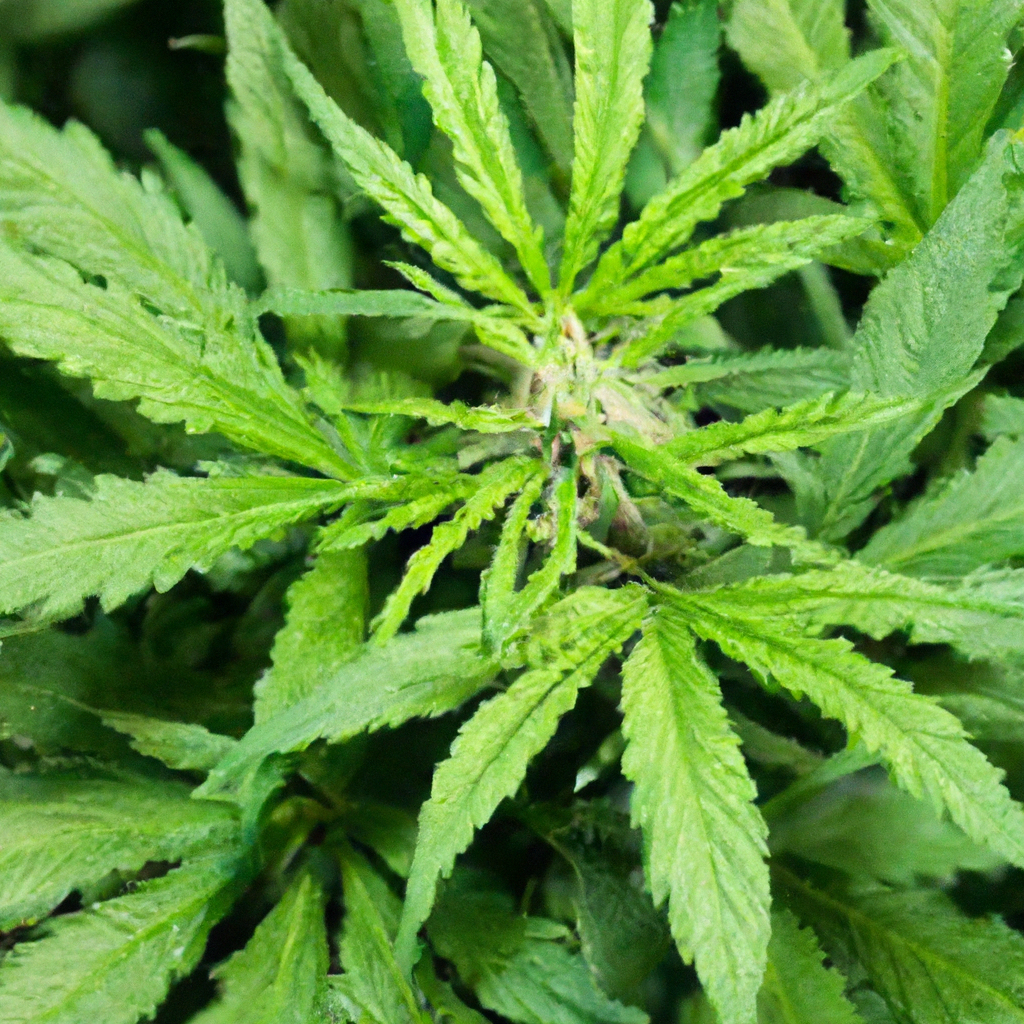Your cart is currently empty!
Introduction
Embracing organic practices in cannabis cultivation is not only beneficial for the environment but it also produces safer, more potent plants. By focusing on natural fertilizers, compost, and sustainable pest control methods, growers can create a healthy ecosystem that nurtures cannabis plants while providing peace of mind to consumers eager for organic options. This article explores the essentials of organic cannabis cultivation and how it enhances both environmental health and consumer safety.
Building Healthy Soil Ecosystems
The foundation of successful organic cannabis cultivation is robust soil health. By avoiding synthetic chemicals and focusing on natural amendments, you can create a thriving microbial ecosystem that supports plant growth. Here are some key components:
- Compost: Using homemade compost adds vital nutrients back into the soil, promoting a natural balance that supports robust growth.
- Natural Fertilizers: Ingredients like bone meal, fish emulsion, and kelp meal are excellent organic fertilizers that enrich soil health.
- Beneficial Microbes: Introducing beneficial microbes such as mycorrhizal fungi can enhance nutrient uptake and increase plant resilience.
Sustainable Pest Management
Pest control in organic gardening requires an eco-friendly approach. Here are some tried and true methods to manage pests naturally:
- Companion Planting: Utilize plants like marigolds or basil to repel unwanted pests naturally.
- Neem Oil: This natural insecticide can deter a wide range of common cannabis pests without harming beneficial insects.
- Predatory Insects: Introducing ladybugs or predatory mites can offer a natural pest control solution by feeding on aphids and spider mites.
Benefits of Organic Cannabis
The impact of organic cannabis extends beyond environmental benefits. Consumers also experience numerous advantages, including:
- Avoidance of Harmful Chemicals: Organic cannabis is free from synthetic pesticides and fertilizers, reducing potential health risks.
- Enhanced Flavor and Aroma: The natural cultivation process leads to richer terpene profiles resulting in better taste and aroma.
- Environmental Impact: Choosing organic reduces resource consumption and soil degradation, fostering sustainable agriculture practices.
Conclusion
Transitioning to organic cannabis cultivation not only supports environmental sustainability but also provides healthier, more aromatic plants. By building and maintaining a vibrant soil ecosystem and implementing eco-friendly pest management strategies, growers can produce cannabis that is both beneficial for the environment and appealing to health-conscious consumers. Embrace organic practices to cultivate cannabis naturally and sustainably.


Leave a Reply